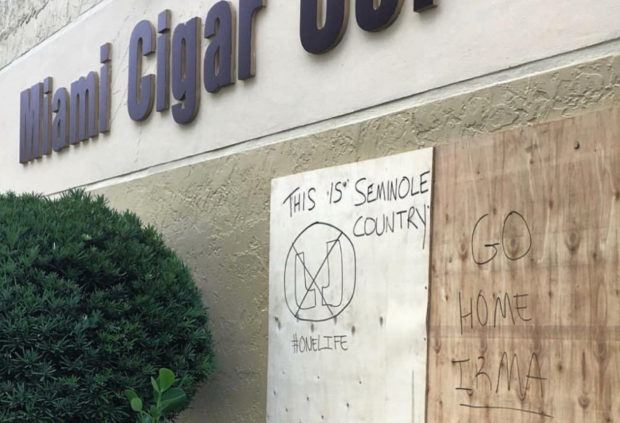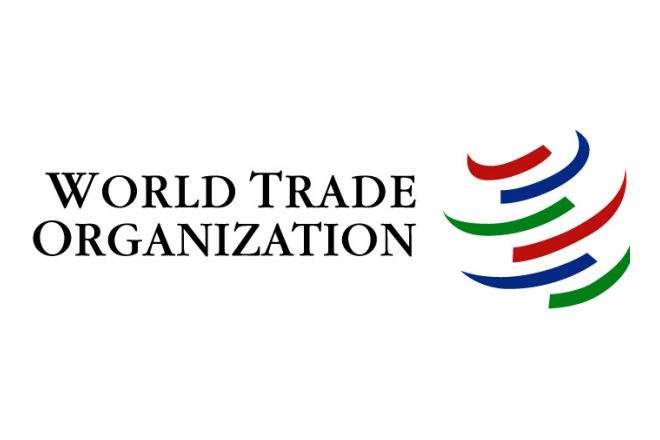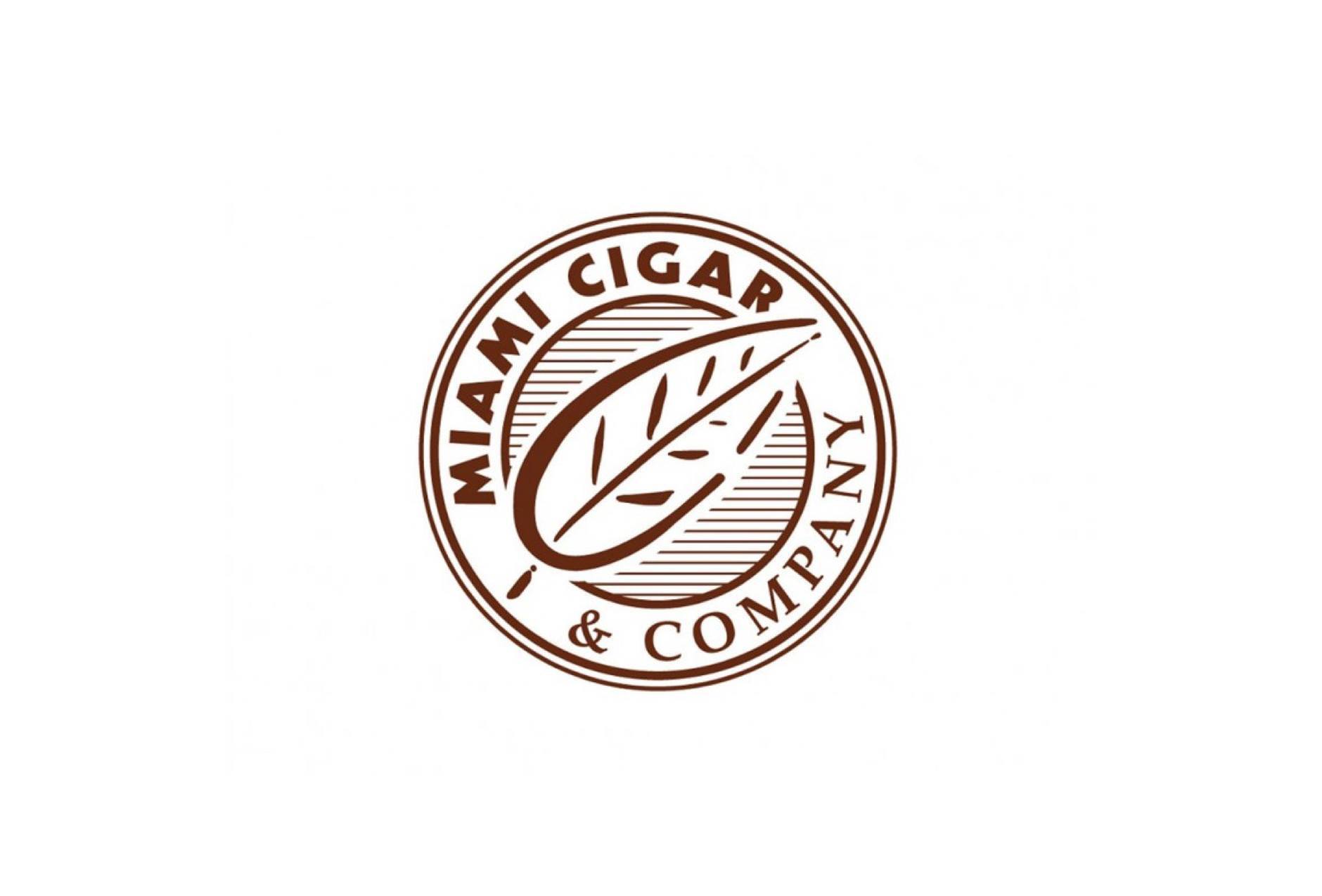At one point, Hurricane Irma seemed on a path uniquely destructive for the cigar industry: the Dominican Republic, Cuba and Miami—all within a few days.
In the end, Irma’s impact was far worse than it could have been.
Factories in the Dominican Republic lost a day of work last week, but almost all described it as simply rainy and windy. The tobacco-growing season is just beginning and as such, the risk of destroying a crop was minute.
Warehouses and headquarters in Miami—which experienced mass evacuations, but avoided a direct hit—are returning to work, many of them starting today. Of the dozen or so companies who spoke to halfwheel, none reported damage, though many said employees were without power and UPS, the preferred carrier, wasn’t available to begin shipping from some areas until today.
UPS’s outage map suggests all cigar makers should be good as its current outage list is restricted to the Florida Keys.
La Flor Dominicana, based in Coral Gables, is so far the lone cigar maker to acknowledge damage to a Florida-based facility, though an email described them as not “catastrophic and all repairable.” It said it expects to resume operations by Friday.
On Florida’s Gulf Coast, which received more of Irma’s impact, Pinellas Park-based Davidoff of Geneva USA survived the storm fine and opened back up today. Liana Fuente posted a video to Instagram of the Arturo Fuente warehouse in Tampa, which didn’t appear to show any damage.
Rocky Patel told halfwheel his company was hoping to return to operation within a “couple more days.” Like many, the Bonita Springs, Fla.-based warehouse was still without electricity as of yesterday, forcing the need for generators.
Cuba is a bit of a different story.
While the storm avoided landfall on most of the island, its impacts are said to affected every province. At least 10 people have died and much of Havana is flooded and without power.
The U.S. State Department has advised Americans not to travel to the island at this time because of the flooding.
“Parts of the country, including some areas of the capital Havana, are without power and running water, said a statement. “Outside the capital, north central Cuba suffered greater damage and should be avoided until further notice.”
It’s unclear what, if any damage this means to Havana’s many cigar factories, but it seems highly likely that at least some were shut down, particularly given the Cuban government was evacuating people out of Havana over the weekend.
A spokesperson for Habanos S.A. declined to comment on the impacts, stating that the company was still gathering information about the damage.
President Raúl Castro acknowledged the storm had severe affects on the country.
Pinar del Río, the country’s main growing region, is said to have avoided any major damage, but other areas might not be as lucky.
In Placetas, located in the central Villa Clara province, at least five tobacco warehouse were destroyed and there are unconfirmed reports of at least one factory being destroyed in the Villa Clara area as well.
Patrick Lagreid contributed to this story.



